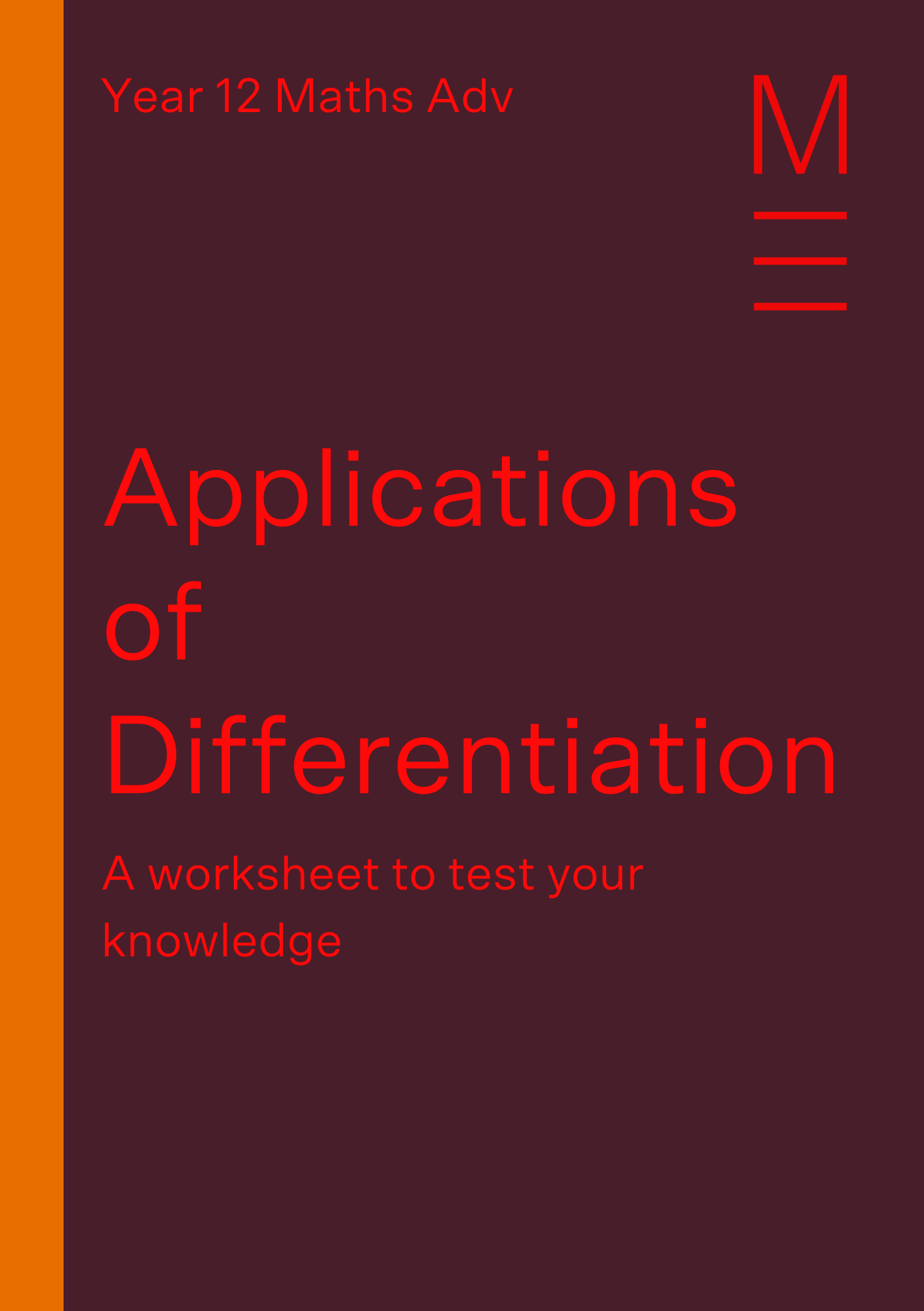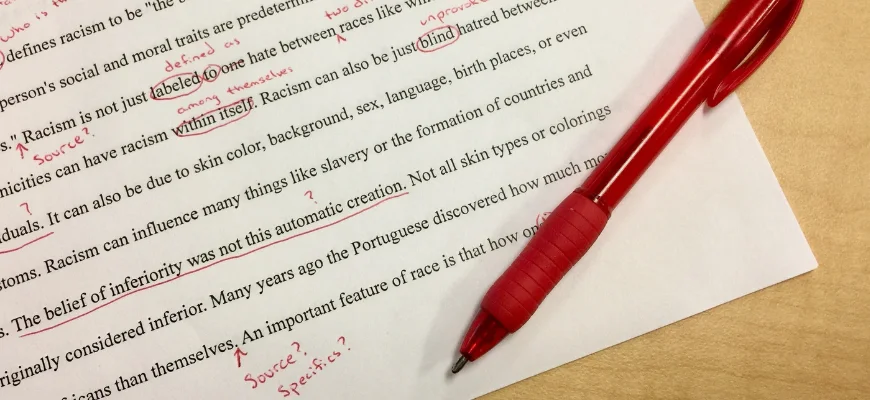Studying for a test is meant to be a learning process; that’s the point. You are tested on more difficult content to assess your skills and understanding, so you are meant to make mistakes. What separates competitive students from the rest is their ability to acknowledge their imperfections and work with them to achieve their best.
The more you embrace that mindset, the more likely you are to actually improve.
So next time you finish a test or quiz, don’t just move on. Take a breath, look at what went wrong, and use it to get better. That’s how you level up in anything you’re trying to master.






